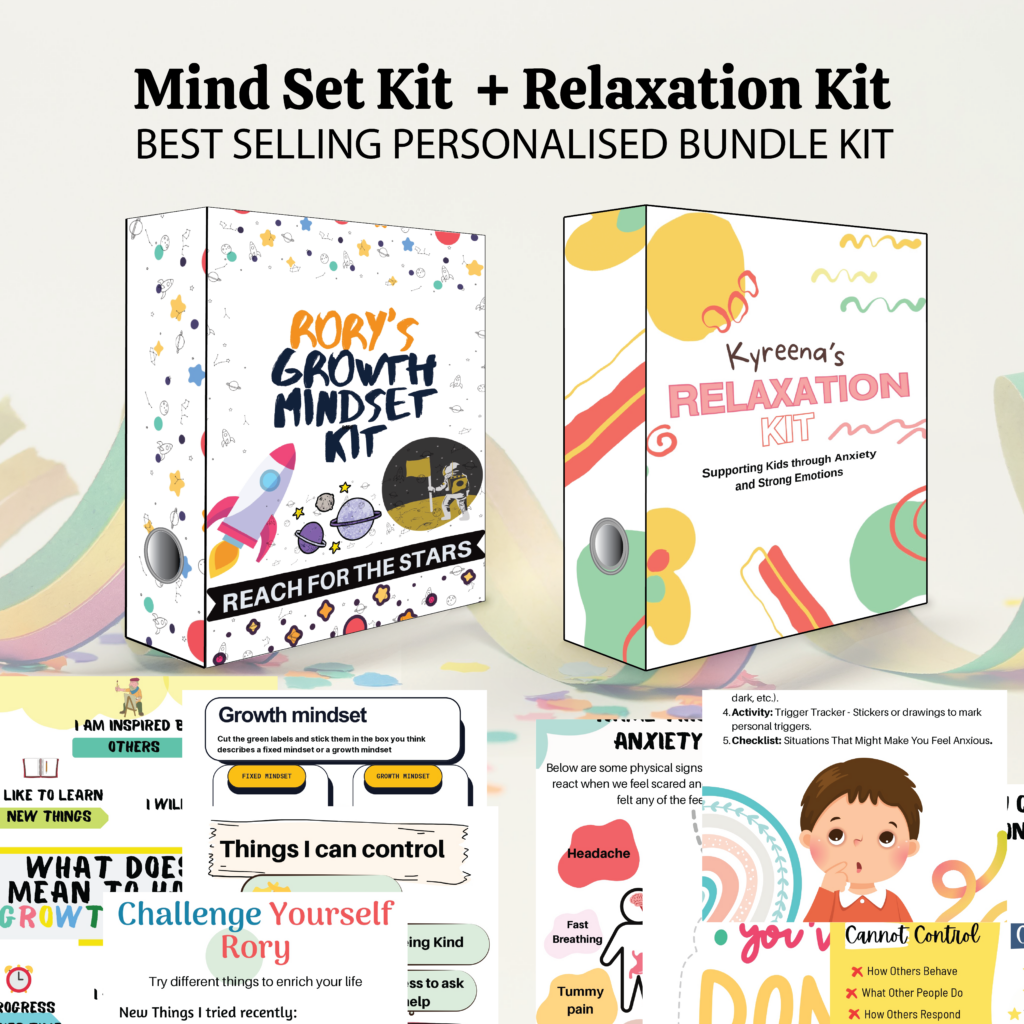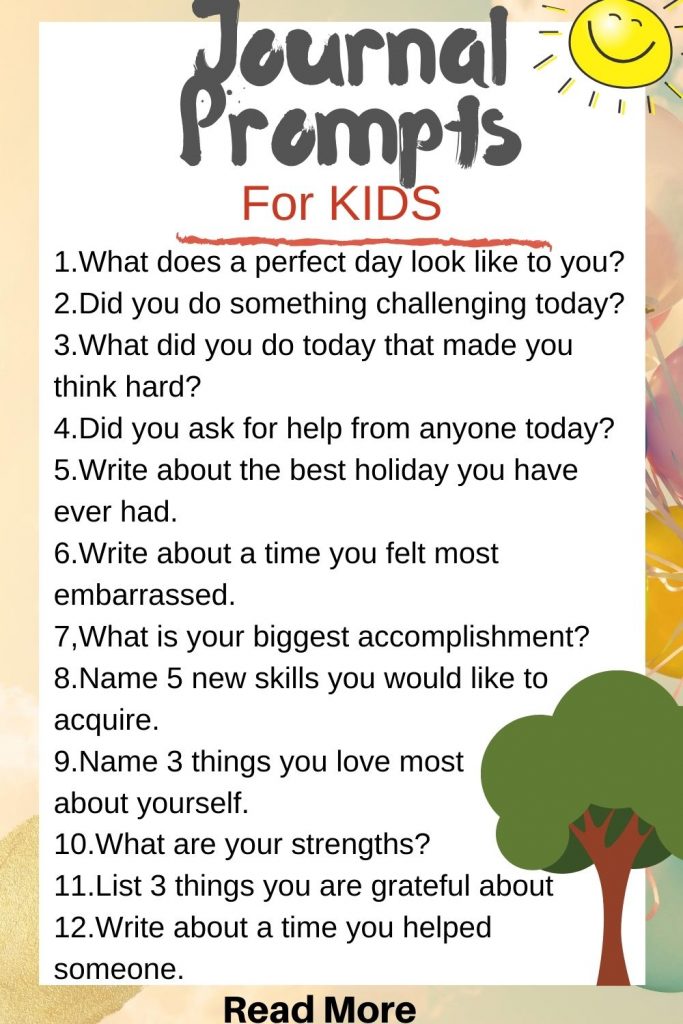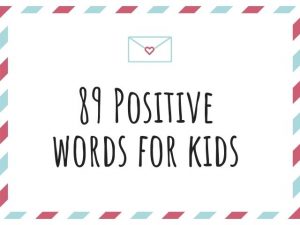In our digital world, helping kids understand themselves is more important than ever. With all the time they spend online, whether on social media, online classes, or gaming, knowing how they feel and why they feel that way can really help them stay happy and healthy.
Let’s explore some fun ways to build self-awareness in children, along with some handy tips to get started.
Why is Self-Awareness Important?
Self-awareness is all about knowing what’s going on inside. It helps kids:
- Handle Emotions: When kids know what they’re feeling, they can manage their emotions better.
- Build Friendships: Kids who understand their own feelings are often more empathetic and can make friends more easily.
- Make Good Choices: Knowing their strengths and what they need to work on helps kids make better decisions.
- Boost Confidence: When kids recognize their abilities and accept their challenges, they feel better about themselves.
Self-Awareness for Kids
For kids, self-awareness means understanding their own emotions, thoughts, and actions. It includes:
- Identifying Emotions: Learning to name and understand what they’re feeling.
- Recognizing Triggers: Knowing what situations or thoughts bring out certain emotions.
- Reflecting on Experiences: Thinking about what they did and what happened as a result.
- Understanding Strengths and Weaknesses: Knowing what they’re good at and what they might need to improve.
How to Teach Self-Awareness
Teaching self-awareness doesn’t have to be complicated. Here are some simple tips:
- Model Self-Awareness: Share your own feelings and thoughts with your kids. When they see you being aware of your emotions, they’ll learn to do the same.
- Ask Open-Ended Questions: Encourage kids to talk about their day and how they felt. Questions like “How did that make you feel?” or “What did you enjoy most today?” can get them thinking.
- Create a Safe Space: Make sure your kids know it’s okay to talk about their feelings without judgment. This helps them feel safe to express themselves.
- Use Books and Stories: Read books that explore emotions and self-awareness. Discuss the characters’ feelings and actions, and relate them to your child’s experiences.
- Digital Awareness: Discuss the impact of digital interactions on their emotions. Encourage breaks from screens and mindfulness about how online content affects their feelings. Help them set healthy boundaries and use technology positively.
Printable Kits

To make things even easier, check out our printable kits on Growth Mindset and Anxiety. These kits are packed with activities and tips to help your child understand and manage their emotions.
- Growth Mindset Kit: This kit includes worksheets and activities that encourage kids to embrace challenges, learn from mistakes, and develop a positive attitude toward learning.
- Anxiety Kit: This kit offers tools and exercises to help kids identify and cope with anxiety. It includes breathing exercises, stress-relief activities, and tips for managing anxious thoughts.
Self-Awareness Activities for Kids
Here are some fun and engaging activities to help kids understand themselves better:
1. Emotion Charades
Turn emotions into a fun game! Write different feelings on slips of paper and have kids act them out while others guess. This helps them recognize and express their emotions in a playful way.
Check out the emotion management printables for kids

2. Feelings Journal
Encourage kids to keep a journal where they write about their daily experiences and how they felt.
Ask them to describe what happened, how they felt, and why they think they felt that way. This helps them reflect and understand their emotions better.

3. Strengths Collage
Get some magazines, scissors, glue, and big sheets of paper. Have kids create a collage that shows their strengths and interests.
Talk about what they picked and why. It’s a great way for them to discover and celebrate their talents.
4. Mirror Talk
Teach kids to look in the mirror and say positive things about themselves. This can boost their confidence and help them focus on their good qualities.
5. Emotion Wheel
Make an emotion wheel with different feelings listed around the edges. When a child is upset or happy, they can point to the emotion on the wheel. It’s a handy tool for kids to express what they’re feeling.
6. Observation Scavenger Hunt
Create a scavenger hunt where children have to find and observe specific items or behaviors. This activity enhances their situational awareness and attention to detail.
These activities are designed to be engaging and interactive, making the process of developing self-awareness enjoyable for children
7. Positive Affirmations
Teach children to use positive affirmations to boost their self-esteem. They can write these affirmations on cards and repeat them daily. Get the personlised daily affirmation for your child

By encouraging self-awareness in kids, we’re giving them tools to understand themselves better and navigate the world with confidence. So, let’s get started and make this journey fun and meaningful!
Was this helpful?
Good job! Please give your positive feedback
How could we improve this post? Please Help us.



